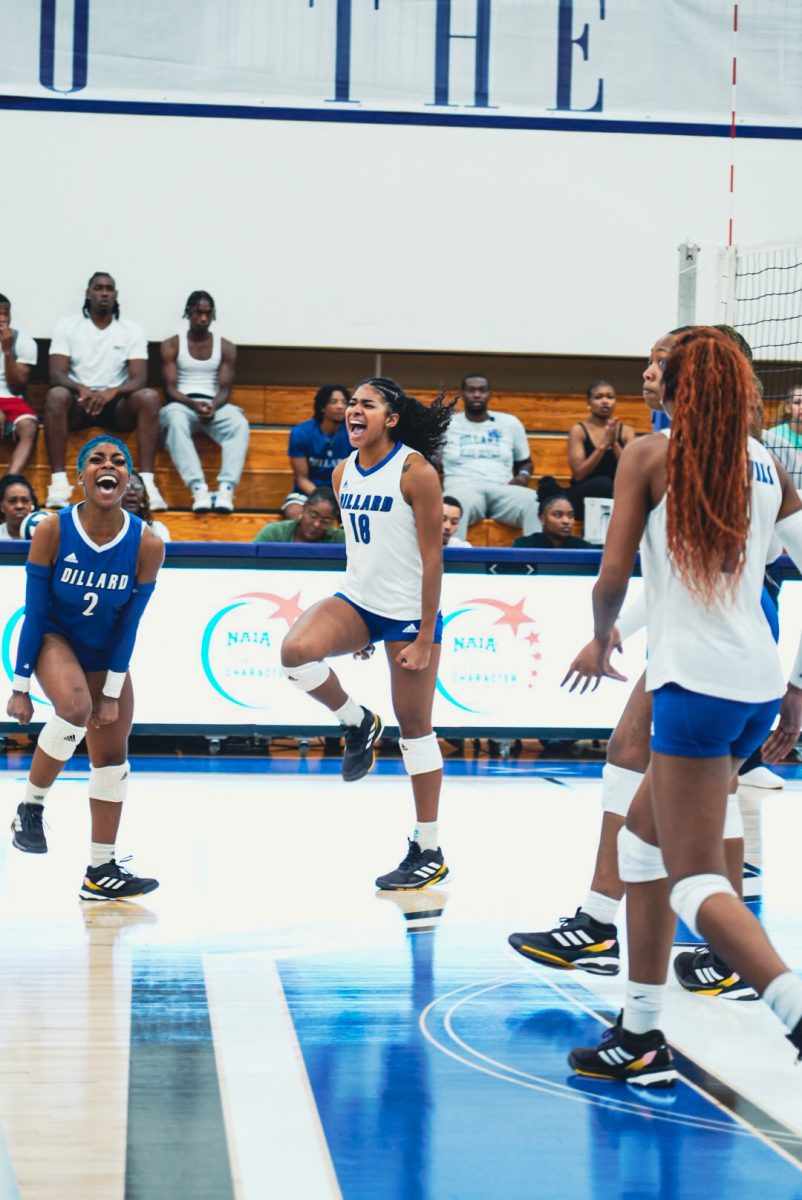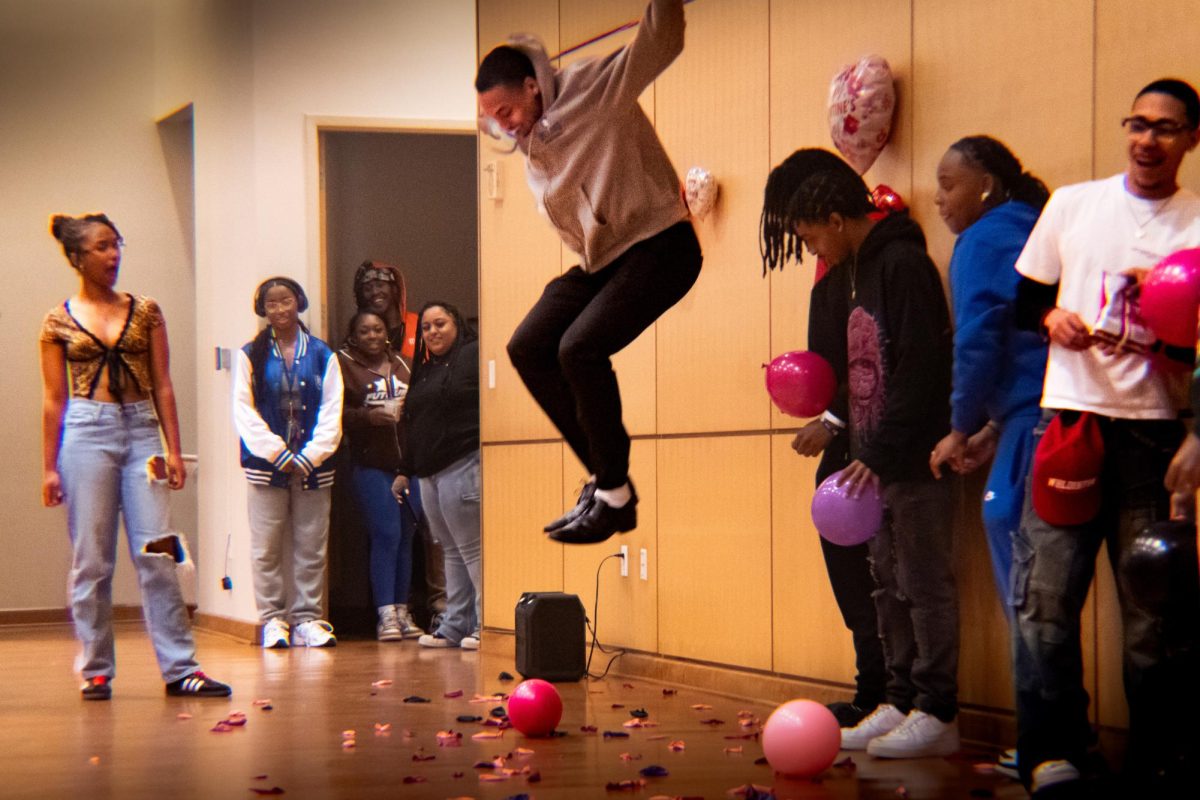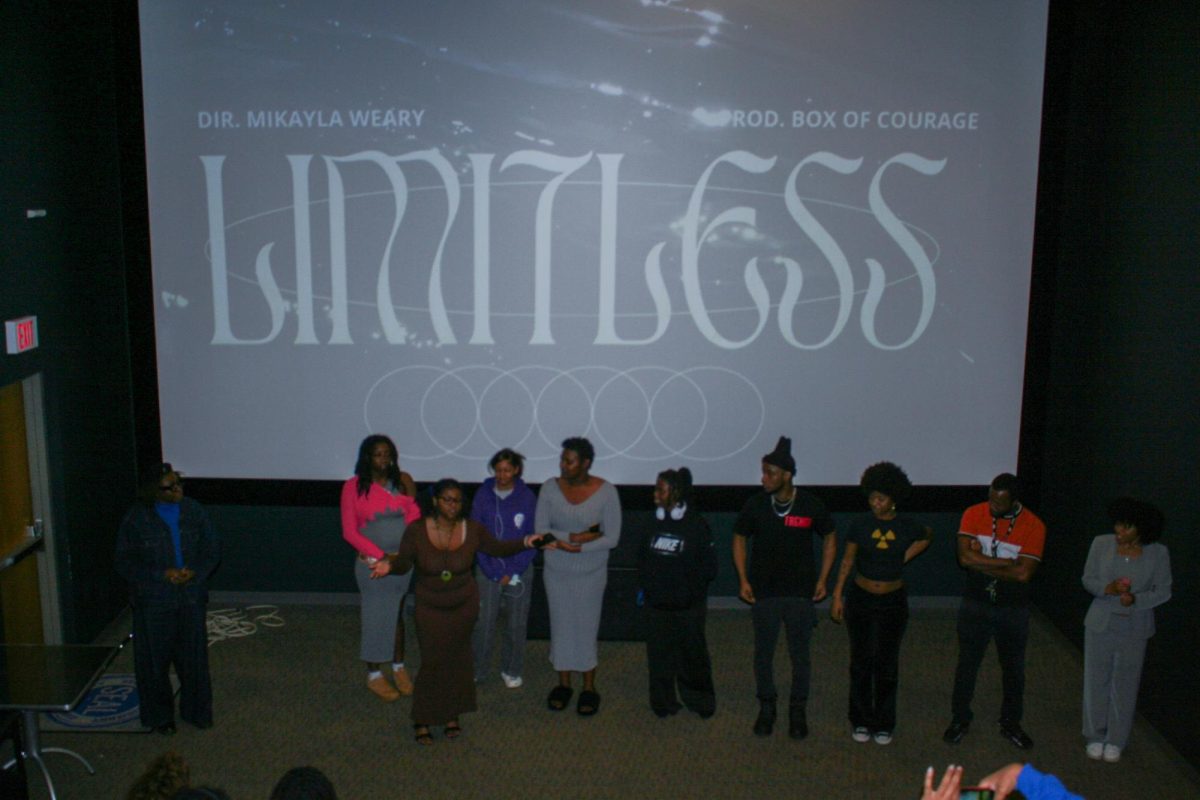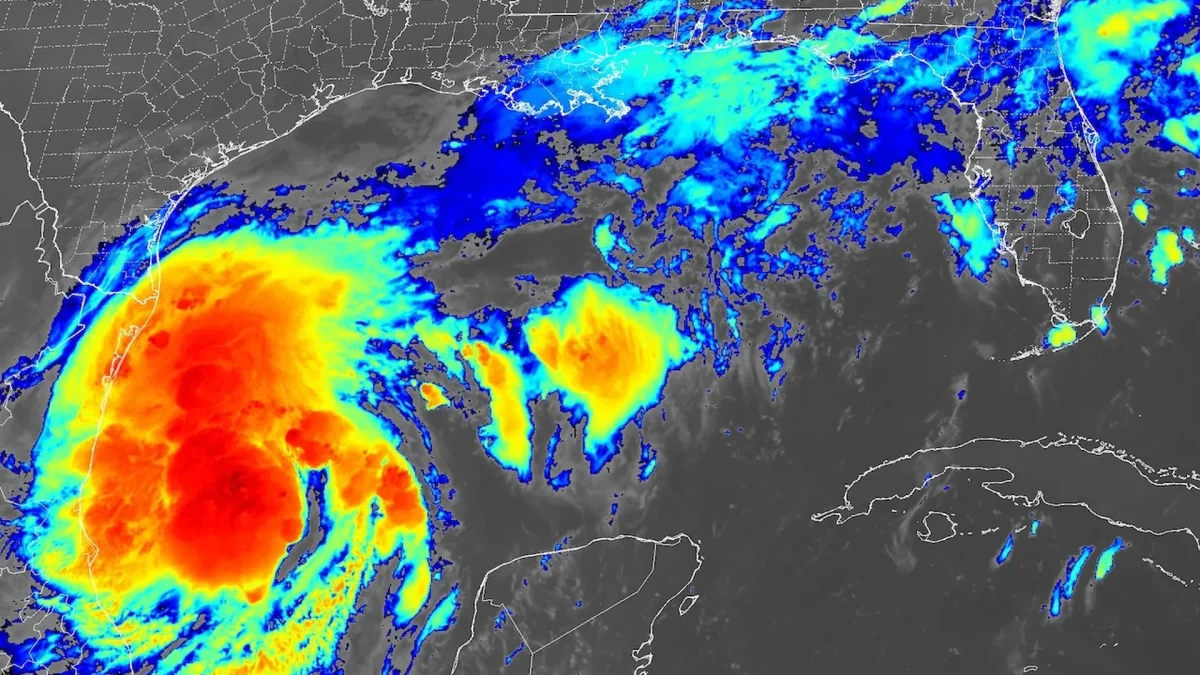With the hassle of implementing activities for freshman orientation week and finalizing the schools academic calendar, Dillard University administration must now act quickly to devise a plan to maintain its accreditation.
According to a disclosure statement issued June 28, by the Commission on Colleges of the Southern Association of Colleges and Schools, Dillard is still an accredited institution; however, has been placed on warning for six months.
Dr. Belle Wheelan, president of SACS, said the warning just signifies to Dillard- do not pass go, just simply stop and fix the situation.
Dillard was placed on sanction because it failed to submit requested financial audits. The commission, which is a part of the SACS, determined that Dillard failed to comply with the commission’s policies and procedures as stated by the disclosure.
Schools can be classified into two sanctions, either warning or probation. The least severe action of the two measures is warning, which often precedes probation.
“If Dillard does not come into compliance then Dillard can be put on a stronger sanction,” said Wheelan.
President Dr. Marvalene Hughes said in a prepared statement that the administration staff is working swiftly to provide the requested documentation from 2000 through June 30, 2005.
Dillard was given a two year reprieve when Hurricane Katrina hit allowing Dillard time to find records said Wheelan.
Hurricane Katrina left Dillard under up to 10 feet of water and caused more than $400 million in damages. Several buildings remain closed and under construction. Recently, the administration moved back onto campus from its downtown Poydras location.
In a press release, Dr. Hughes stated that the administration has taken diligent actions to diagnose the problem to fully comply with SACS’ requirements. “This is the university’s top priority.”
Graduating senior Jabrina Bucknor, a nursing major from Chicago, Ill., was shocked when she found out the news from her roommate. “I’m very worried about what is going to happen. I’m a senior and I don’t want to have to change schools in January.
Dillard needs to get it together ASAP. We pay too much money to attend this prestigious institution that is in danger of losing so much,” she added.
Students are informed in a press release Dillard is fully accredited; Dillard is eligible to continue to receive all federal and state financial aid and grant resources; none of Dillard’s programs are impacted or jeopardized; and no programs are being diminished.
Along with negative press, if a school looses accreditation, students are not eligible to receive financial aid and students will have a harder time getting into graduate school said Wheelan.
Schools are accredited for a 10 year period and the last time Dillard was reviewed happened in 1999, according to Wheelan. “Because we don’t have the audit, we are not sure about their financial stability.”
“I am entering my last year and trying to avoid anything that would hinder my progress and future plans after undergrad,” said senior Marcelus Ross, an english major from Chicago, Ill. “I am praying and having faith that Dillard will take care of this time sensitive issue. A lot is at stake when it comes to accreditation and hopefully they go about the right away instead of how they have taken care of business in the past.”
SGA President Ronnell Perry believes this warning reflects bad managerial behaviors of the past administration and is sure that the new administration is going to resolve this issue.
“The circumstances, which we inherited, will be corrected,” said Dr. Hughes, who was inducted as president of the university in July 2005 succeeding Dr. Michael Lomax, current president and CEO of United Negro College Fund.
Dr. Hughes is trying to clean up something that happened long before she was on the scene said Karen Celestan, senior director of university communications.
“The commission has given us this time to fix this situation and will do that,” said Celestan.
In December, a special committee will conduct an on site assessment of Dillard’s compliance with accreditation standards. This visit will determine what the commission will do next.
The commission will have the following options: remove warning with or without an additional monitoring report; continue warning for six months and request an additional report with or without authorization of a Special Committee; place Dillard on probation for six months, request an additional monitoring report, and authorize a Special Committee; or remove the institution’s accreditation.





























